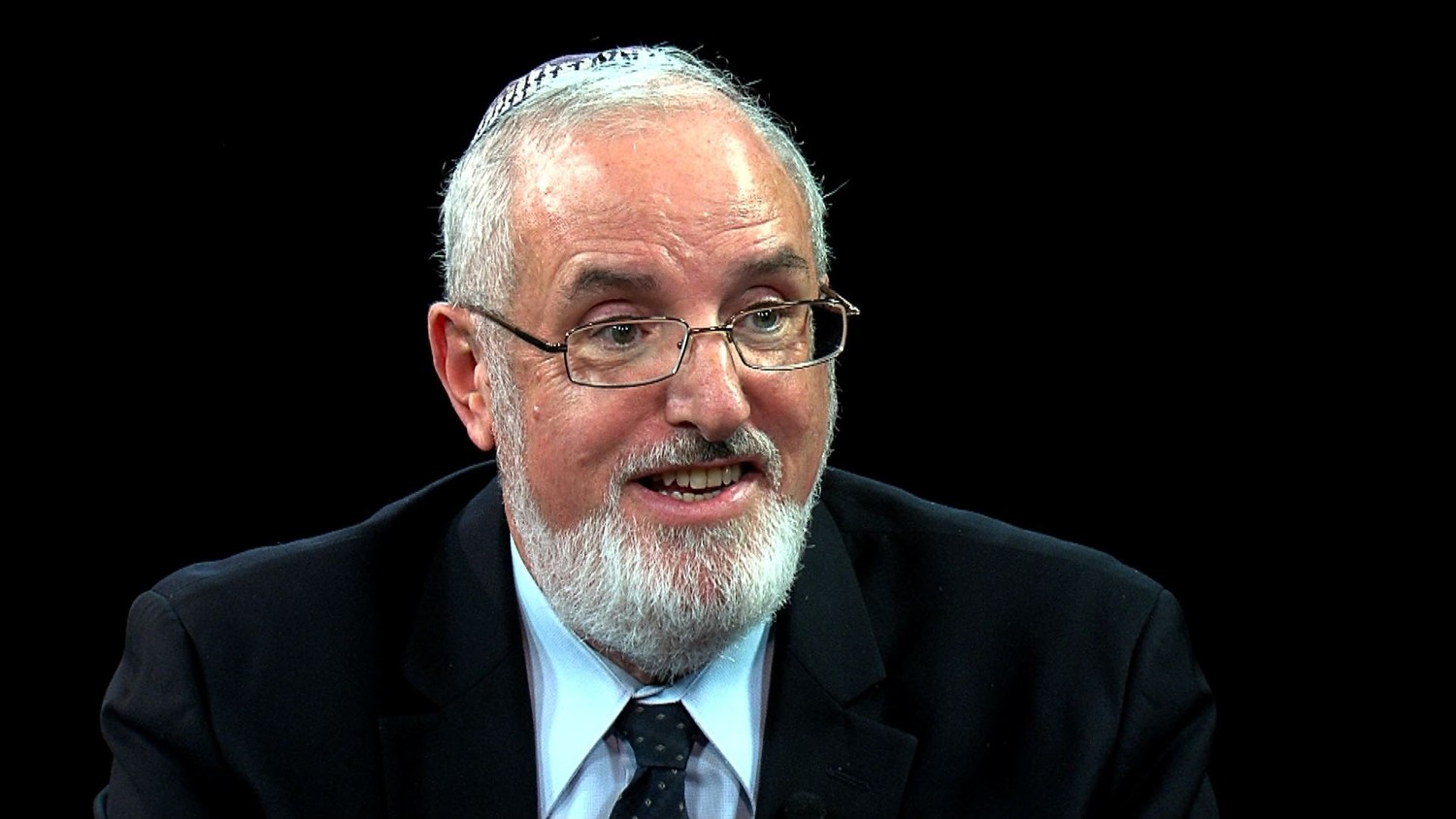Of lions and laggards
This week’s Torah portion, Vayechi, includes Yaakov’s last words to his sons. He described his fourth son, Yehuda, as a lion, and stated that the scepter of kingship would never depart from Yehuda and his descendants. All the brothers and their tribes would turn to Yehuda foa leadership. What did Yehuda do to deserve this singular role?
The answer may be suggested in the story of Yosef’s threat to keep Binyamin in Egypt as his servant. The brothers, believing that Yosef was a ruler of Egypt, were in a terrible quandary. They knew that their father Yaakov would be devastated by the loss of Binyamin. They knew that they had to find a way to confront Yosef and make him change his mind.
Reuven was firstborn. He had a strong, impetuous personality. Why didn’t he come forward? Apparently his bravura abandoned him at this moment of crisis.
Shimon and Levi were prone to violent action. They wiped out the men of Shechem. Why didn’t they challenge Yosef? Apparently their courage melted when facing a regal opponent.
Yissachar, according to rabbinic tradition, was the family’s great Torah scholar. He devoted his days to study and spiritual contemplation. Why didn’t this man of G-d stand up to Yosef? Apparently, his holiness and scholarship did not lead to making him fit for courageous action.
Zevulun, according to rabbinic tradition, was an expert businessman. With all his financial acumen, why didn’t he try to make a deal of some sort with Yosef? Apparently, his business skills failed him at this desperate moment.
Indeed, all of the brothers failed to muster the courage and quick-wittedness to stand up to Yosef and fight for their brother Binyamin, for their father Yaakov, and for the honor of their family. All but Yehuda.
Yehuda’s life before this crisis had not been one of uniform courage or brilliance. The Torah makes careful note of his various failings. Yet Yehuda’s personality undergoes a gradual development. He is able to admit error. He is able to stand up against his brothers in their plan to murder Yosef. And at the critical moment, when Binyamin’s life is at stake, only Yehuda comes forward to challenge Yosef and to risk his own life in the process.
Yehuda argues with eloquence. He is poised and articulate. He tells Yosef that he will stay in Egypt as a servant instead of Binyamin, but that Binyamin must be returned to his father.
Yehuda is so persuasive and so sensitive to the feelings of his father, that Yosef can no longer hold back tears. Yosef cries. He tells his brothers who he really is. The brothers reconcile. All because of Yehuda’s courage.
Yehuda is a lion. He has the presence of mind and the strength of character that all the other brothers lacked. In that one moment, Yehuda proved himself worthy of kingship.
All of us face crises in life. All of us confront problems. Many, like Yehuda’s brothers, find themselves unable to take responsibility, to make necessary sacrifices, to act with courage. Many, like Yehuda’s brothers, have various talents--and yet they allow themselves to be silenced in the face of challenge.
We need to learn from Yehuda’s example. We need to understand that leadership requires clarity of thought, unshakeable commitment to what’s right, and a lion’s courage to take action. If kingship was assigned to Yehuda, the Torah calls on all of us to be “a kingdom of priests and a holy nation.” We must be lions, not laggards.

 46.0°,
Light Drizzle
46.0°,
Light Drizzle 




